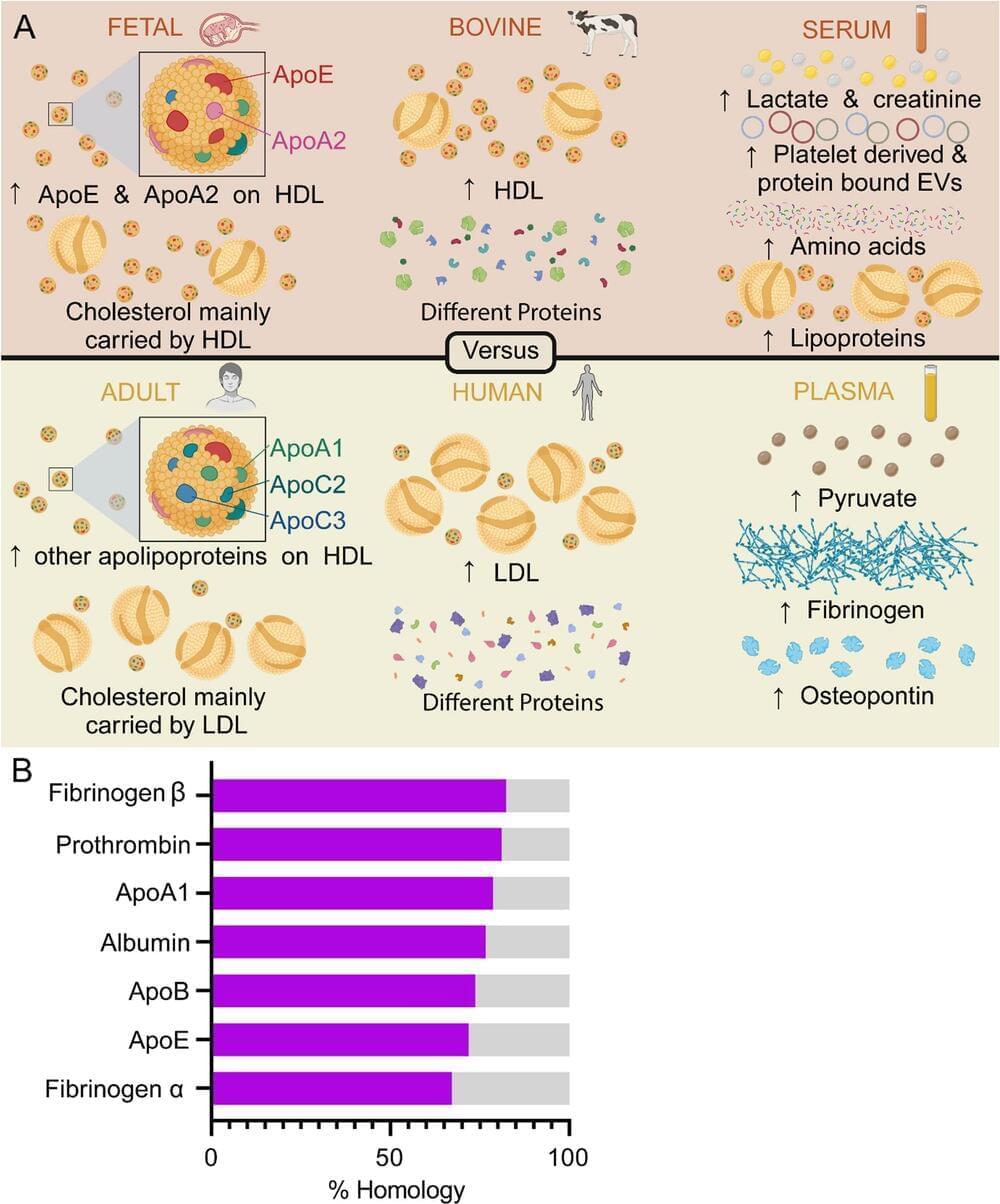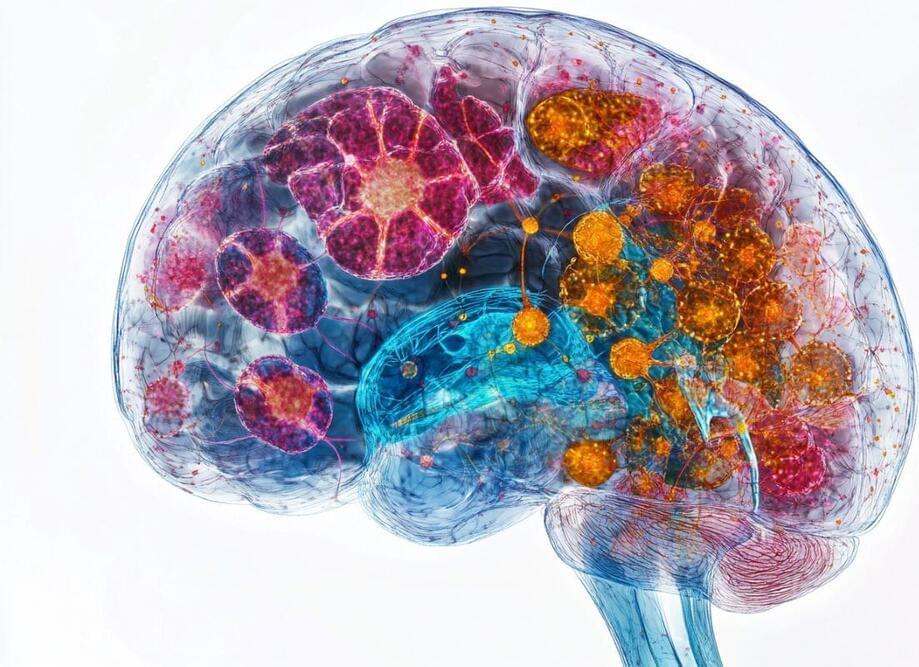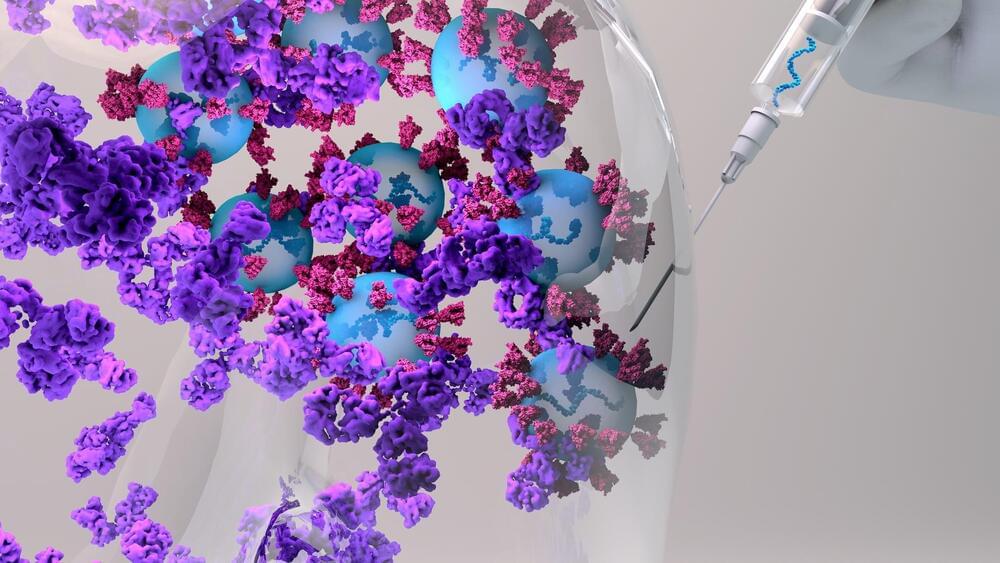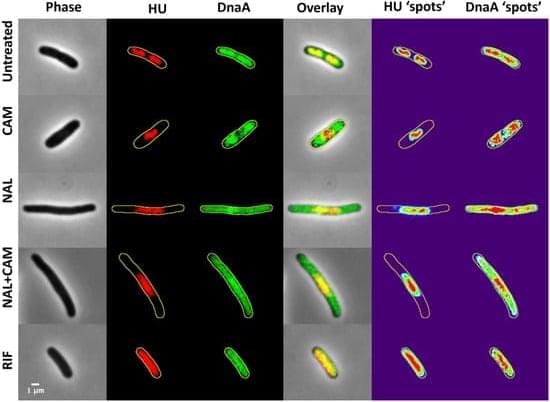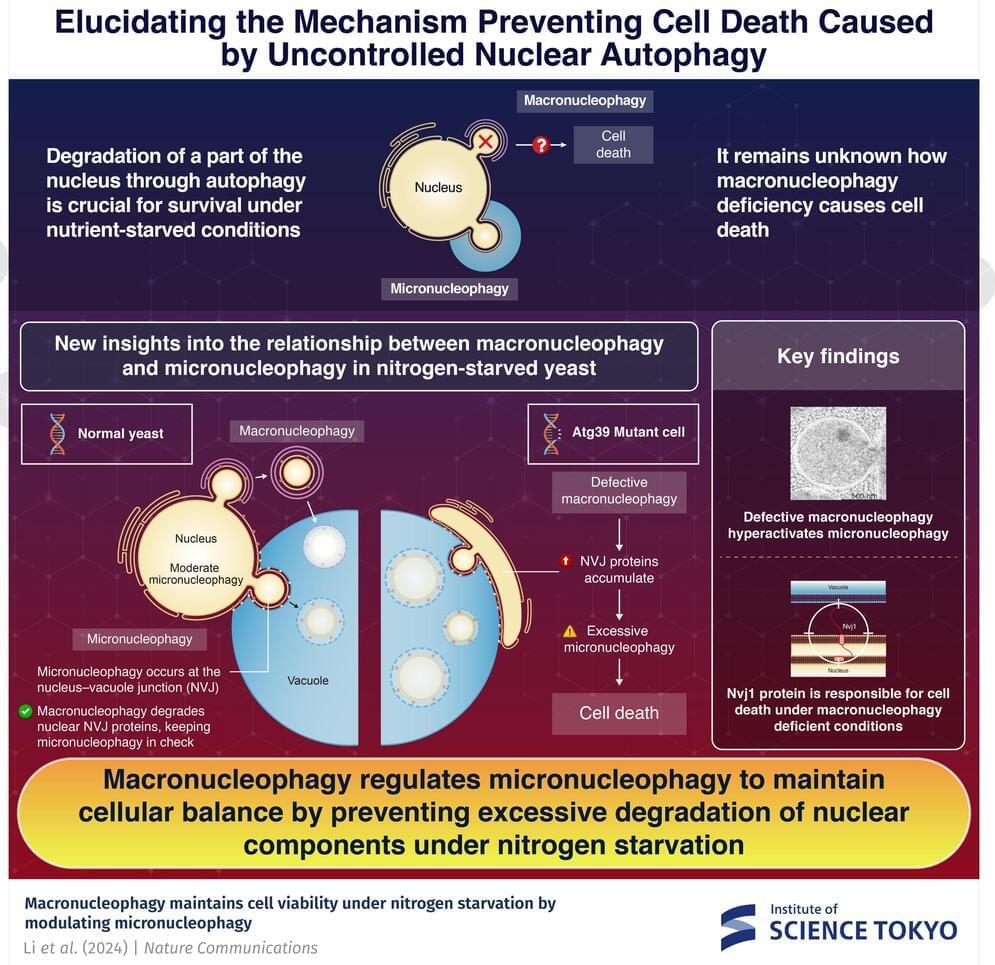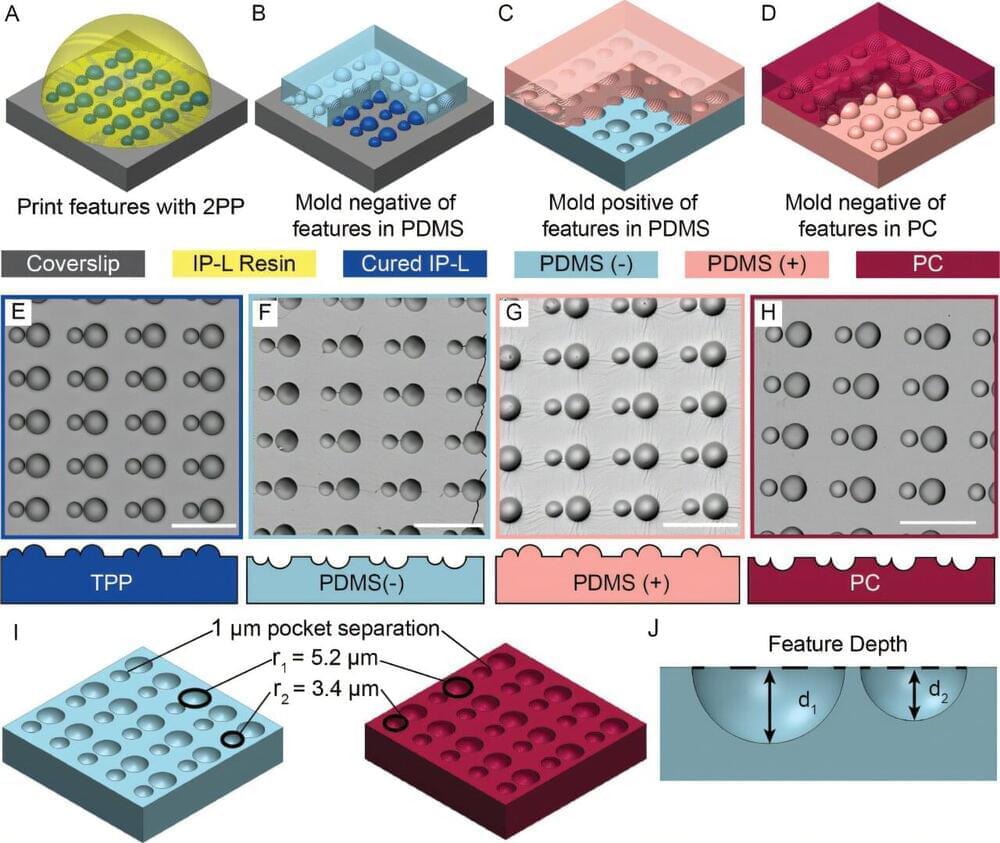An informative review on the benefits and drawbacks and biological effects of various kinds of in vitro cell culture media.
The biomolecular relevance of medium supplements is a key challenge affecting cell culture practice. The biomolecular composition of commonly used supplements differs from that of a physiological environment, affecting the validity of conclusions drawn from in vitro studies. This article discusses the advantages and disadvantages of common supplements, including context-dependent considerations for supplement selection to improve biomolecular relevance, especially in nanomedicine and extracellular vesicle research.
